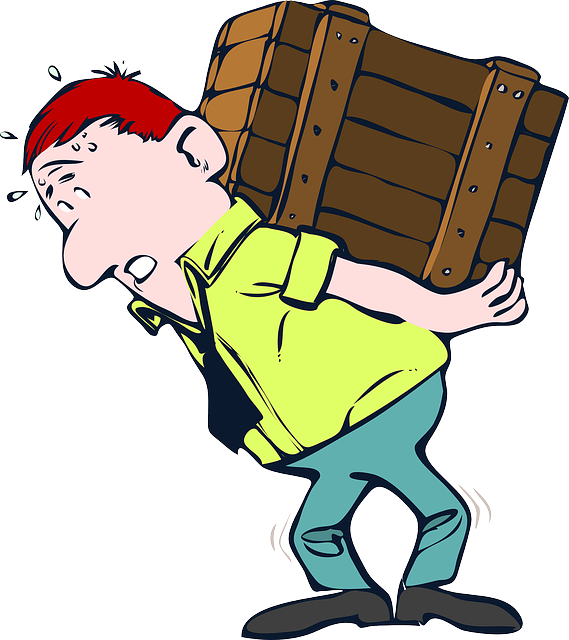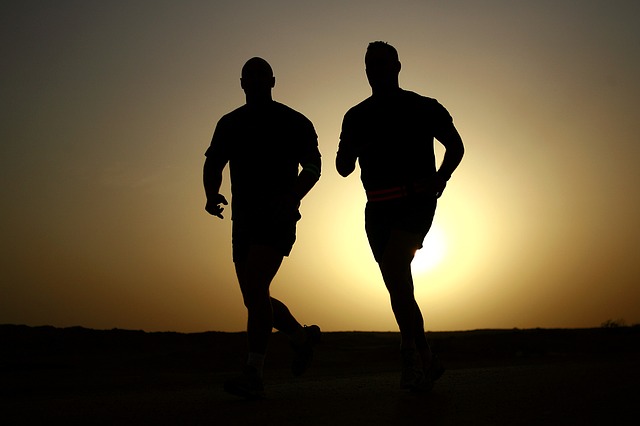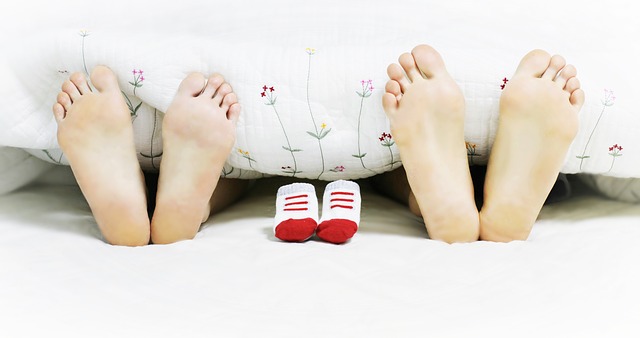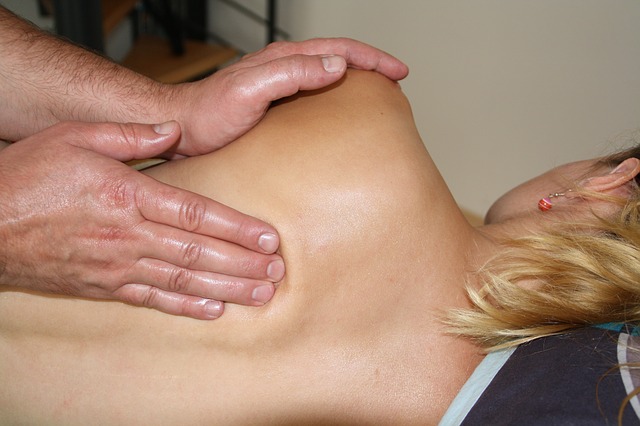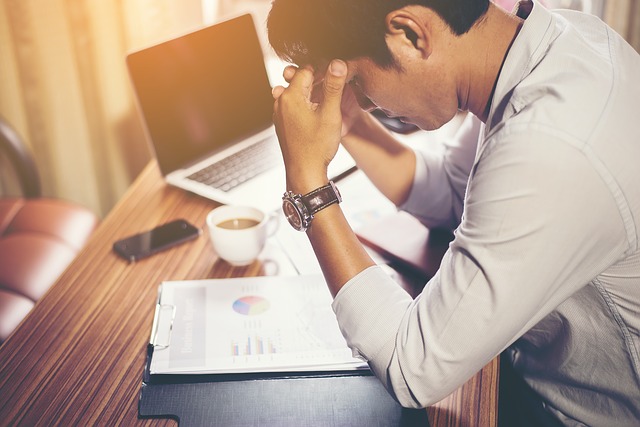Blog
A Friendly PSA: Remember How To Lift
We despair at the number of spinal injuries which could have been avoided
Case-in-point: the simple act of lifting. We all know to lift with our legs and hips rather than our backs, yet so many of us persist, out of sheer laziness or ignorance, in bending over and lifting with our backs. But take it from back pain sufferers: bending forward (flexion) is one of the most painful motions to begin with, and when you add the lifting of weight into that scenario it can be downright impossible. It increases the amount of overall compression on our spines and strains the supportive musculature to the max. This should tell us that we need to be careful when lifting. In case you forgot, here’s how to lift properly:
Runners Suffering With Lower Back Pain
Running can be detrimental to the spine
As good as it is for aerobic fitness, endurance training and overall wellness, you have to know when your running habit (for some, read: addiction) is causing a problem for your spine. Running is a compression-heavy sport: every footfall creates a compression for the joints and discs of your spine. This repetitive compression creates a wear and tear that can be hard to bear for people with back pain. For others, running can actually create spinal health problems or aggravate previously unseen ones. Know that we are not trying to deter you from running; instead, we want to keep you aware of the dangers of running and therefore stay ahead of injury.
Postpartum Chiropractic: Rehabilitation Begins
Postpartum life is a rollercoaster
It starts in the first 6-12 hours after delivery, which constitute the acute postpartum phase; the next 2-6 weeks are known as subacute; and the delayed period can last for up to 6 months after that. It is going to be a struggle, and you are going to need allies on your side to help you through. The brutal reality is that over 75% of women report at least one health-related problem during the postpartum phase. These problems range from simple physical discomforts to feelings of depression and alienation from both yourself and your newborn child. All women deserve a helping hand through the postpartum period, as they attempt to rehabilitate their bodies and minds, and get used to life with a new child!
Our Problem with Poor Posture
Posture is the first safeguard against pain
But it is a double-edged sword; because it is also one of the main causative factors in spinal pain. The fact is poor posture translates immediately to poor mobility. Once mobility in the spinal joints is reduced, we move less effectively, and leave ourselves open to spinal degeneration and the resulting pain and dysfunction. That is why posture forms a key part of our wellness management here at Family Chiropractic & Natural Healing Center. We know that posture is the frontline for spinal healthcare. So how can we help?
Soft Tissue Therapy is Effective Pain Relief
Soft tissue therapy: not just a fancy name for massage
Massage is such a versatile tool. It starts with the touch of another human’s hand: at it’s most basic form, massage is just soothing. It makes us feel comfortable to be touched in a purposeful, relaxing manner. Professional massage ratchets up this relaxation by targeting specific regions that are designed to relax muscles and calm the mind. On the far end of this scale lies soft tissue therapy, whose main goal goes beyond all of this and seeks to rehabilitate. Soft tissue therapy is particularly prevalent in sports- athletes use it to manage and prevent injuries, and increase the effectiveness of recovery between exercise.
Taking Back Control of Your Spinal Health Habits
It’s time to stop being lazy…
…about your spinal health; it is something we are good at putting to the back of the priorities queue. We always say: in the end, our health and well-being is all that matters. While we invest lots of time and effort into managing stress and lowering anxiety, our spines are often not treated in an equal light. We go to work each day feeling the stiffness and soreness growing in our spines, but we ignore the pain, telling ourselves that we will deal with it later. But when “later,” comes, it could be crippling. It’s time to stop indulging your bad spinal health habits and replacing them with healthy ones today.
Stress is a Silent Killer
Why we hate stress
Stress is supposed to be useful. So why does it come to dominate our lives and harm our bodies and minds? The answer is most often because we allow it to run unchecked in our lives until we reach a wall. And at that wall, we come face to face with what is truly a silent killer. From a physiological standpoint, stress raises systemic inflammation which contributes to conditions like heart disease and cancer. Our muscles are forced to tighten as a natural defense mechanism that becomes useless after a few minutes. Chronic stress then maintains this muscle tension as it pulls our spines out of alignment, contributing to nerve impingement and accelerating the rate of spinal degeneration. Is this enough impetus to start facing down your stress? If you are ready, read on to find out how we can help you.
Chiropractic Eases the Symptoms of Spinal Stenosis
Spinal stenosis: a damning diagnosis
Also known as abnormal narrowing of the spinal canal, this (most-often) degenerative condition can cause nerve impingement, radiating pain, weakness, numbness and tingling in the extremities. As there is no guaranteed-effective treatment for spinal stenosis, many people fall into despair at such a definitive diagnosis. However, we are here to tell you that you don’t have to take this condition lying down! While the condition may be irreversible, you don’t necessarily have to turn to drugs or surgery, each of which come with side effects and questionable levels of success. That being said, if you are slated for surgery, success in easing symptoms with chiropractic can be a good indicator of success post-surgery. Let’s look at how chiropractic helps ease the symptoms of spinal stenosis.
Third Trimester Chiropractic
What is happening with my body in the third trimester?
While we would stop short of calling it chaos, there is a lot going on! With anticipation reaching fever pitch and spilling over into anxiety, your body is also reaching its physical limit. Abdominal muscles are stretched out completely, the baby is approaching full weight and your body is producing more relaxin, a hormone responsible for loosening pelvic ligaments in preparation for delivery. Among other things:
- Frequent urination
- Heartburn
- Back pain and physical discomfort
…and then contractions begin! The third trimester is a challenge, even for those who are expecting, or those who have experienced before, this level of physical and emotional upheaval. Chiropractic aims to help make this chaotic period a little more stable.
Commuter Chiropractic: Prevent Pain On the Road
The majority of Americans still commute by car
That means an average of 30 minutes each direction, sitting, often in traffic. And that spells bad news for your spine: the truth is, commuting and back pain go hand-in-hand. Traffic and driving cause mental anxiety which translates to muscular tension; add that to the fact that car seats are unsupportive and we generally assume poor posture in the car, and you have a perfect recipe for back pain. In order to mitigate the potential pain, you need to be proactive about the way you treat your spine while you drive. Here’s a roadmap for doing just that:
